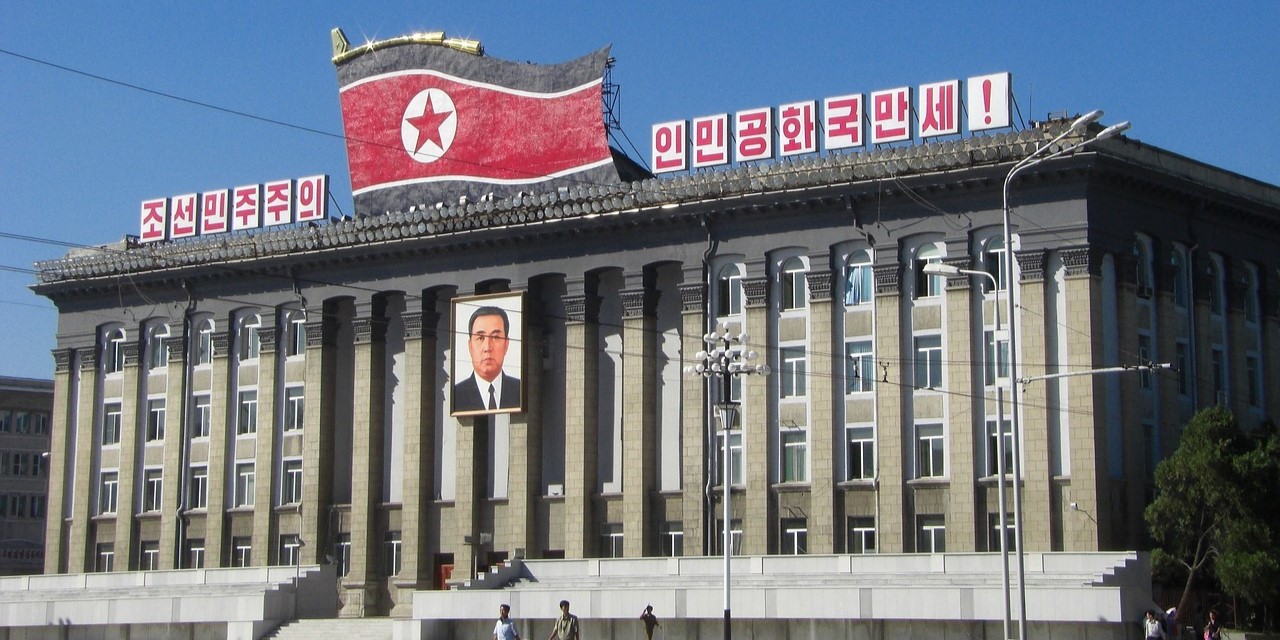
Russian President Vladimir Putin and North Korean leader Kim Jong Un signed a mutual defense assistance pact on June 19 during Putin’s first visit to Pyongyang since 2000. According to a statement from the Russian government, the Treaty on Comprehensive Strategic Partnership stipulates “mutual assistance in the event of aggression against one of the parties thereto.” Putin characterized the deal as a “breakthrough document,” reflecting the desire to elevate relations to a “new qualitative level.”
Article 4 of the Comprehensive Strategic Partnership states: “If either side faces an armed invasion and is in a state of war, the other side will immediately use all available means to provide military and other assistance in accordance with Article 51 of the UN Charter….”
In his press statement, Putin criticized the United States’ “confrontational policy” in the region, which he says is “accompanied by a substantial increase in the scope and intensity of various military exercises involving the Republic of Korea and Japan, which have a hostile nature towards the DPRK [the Democratic People’s Republic of Korea].”
The treaty replaces previous agreements signed in 1961 and 2000. Notably, the 1961 treaty between the Soviet Union and North Korea stipulated automatic military intervention if either nation came under attack. The 1961 treaty was discarded after the collapse of the Soviet Union, and the 2000 treaty stopped short of a military alliance between the two countries.
While the full scope of the new pact remains undisclosed, the deepening military ties between Russia and North Korea have raised concerns among Western nations about the potential implications for regional security and ongoing conflicts.
As the pact was signed, NATO Secretary General Jens Stoltenberg stated that Russia’s war effort in Ukraine is “propped up” by China, Iran and North Korea, cautioning, “If they succeed in Ukraine, it will make us more vulnerable and the world more dangerous.” The US Department of State issued a statement in January condemning North Korea’s export of ballistic missiles to Russia as a “flagrant violation” of UN Security Council resolutions.
Article 51 of the UN Charter permits collective self-defense if an armed attack occurs against any member state. Both the prohibition of unilateral use of force and the self-defense exception are fundamental principles of customary international law. However, any military cooperation that enhances North Korea’s capabilities could be seen as a violation of existing international sanctions imposed on the country, particularly those related to its ballistic missile and nuclear programs.
US Department of Treasury in May sanctioned two Russian individuals and three Russian companies over the transfer of weapons between Russia and North Korea, including ballistic missiles for use in Ukraine. The UK government that month imposed a new sanction package targeting “illicit arms-for-oil transfers between Russia and North Korea.”
With Russia wielding veto power on the UN Security Council, there are mounting concerns that strengthened ties may further weaken controls on North Korea’s weapons program. In March, Russia vetoed the renewal of a UN expert panel monitoring North Korean sanctions, drawing accusations of seeking to avoid scrutiny of arms deals between Moscow and Pyongyang.
From Jurist, June 19. Used with permission.
Photo: gfs_mizuta/Pixabay via Jurist





Report: Russia uses North Korea missile tech in Ukraine
Jonah Leff, director of Conflict Armament Research (CAR), presented evidence to the United Nations Security Council on June 28 linking North Korean-manufactured weapons to the those found to have been launched during Russia’s operations in Ukraine. The briefing, requested by France, Japan, South Korea, the US and UK, focused on “DPRK weapon transfers in violation of United Nations Security Council resolutions.” (Jurist)